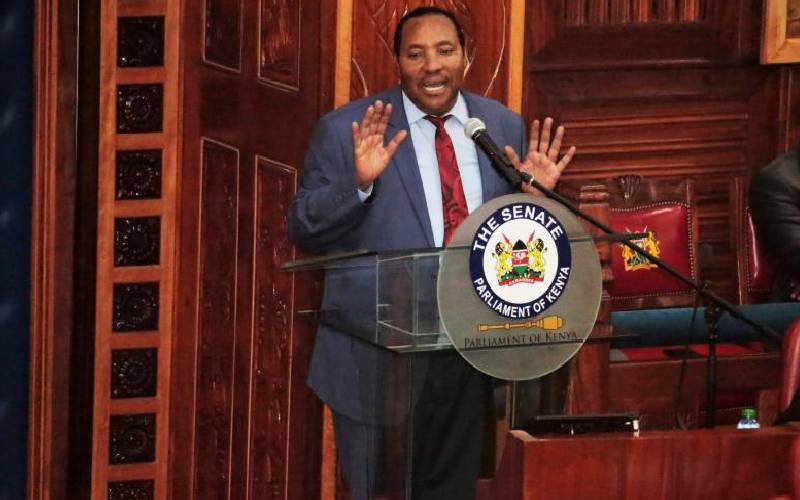×
The Standard e-Paper
Kenya’s Boldest Voice

Former Kiambu Governor Ferdinand Waititu during his questioning at the Senate in January. [File, Standard]
Four governors have survived impeachment motions at the Senate on technicalities and a lack of sufficient evidence.